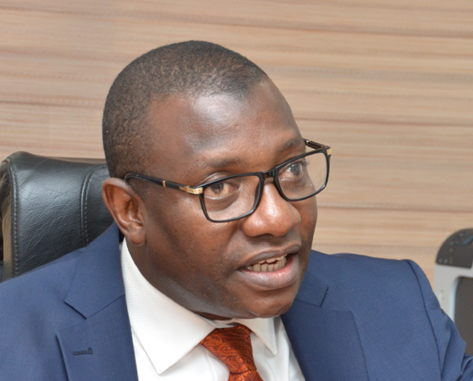BY LEO IGWE
It is not often that is heard or read that Nigeria participated in international humanist or nonreligious programs. What is often in the news is that Nigeria featured in international religious activities such as the Hajj, the pilgrimage to Jerusalem, the meetings of the Organisation of Islamic Conference, of the World Council of Churches, of the Anglican, Methodist or Presbyterian and the Vatican establishments. Very little is known about the active involvement of Nigeria in international humanist, atheist, and freethought assemblies, as was the case this August. Nigeria was represented at a just concluded world humanist meeting in the Pacific.
The International Humanist and Ethical Union, now known as the Humanists International held its general assembly in Auckland in New Zealand. New Zealand is one of the most irreligious nations in the world. In fact, almost half of the population identify as nonreligious. The Humanists International (HI) is a world umbrella of humanist, atheist and freethought organizations with members in over 90 countries. It holds an annual meeting called the General Assembly every year to discuss policy issues and chart the course of humanism worldwide.
New Zealand Humanists hosted this year’s General Assembly at the Heritage Hotel in Auckland, and Nigeria was among the few African humanist organizations that attended the meeting. There were other African attendees from Uganda.
Advertisement
Two other events preceded the General Assembly. First of all, there was a function at the House of Parliament in Wellington. A member of the Parliament of New Zealand, Hon. Grant Robertson, hosted the event. The representative from Nigeria spoke at this program and used the occasion to highlight the persecution of humanists in various countries around the globe. The persecution of nonreligious persons is a political issue, and parliamentarians ought to address it.
In countries such as Saudi Arabia, Indonesia, Nigeria, Bangladesh, Egypt, and Mauritania those who renounce their religion or those who hold views that are critical of religion are attacked, imprisoned or killed.
Humanists International is leading an unprecedented global campaign to protect all humanists at risk and to end persecution and discrimination on the ground of religious belief or unbelief. Humanists are looking to such countries such as New Zealand to help in furthering this critical campaign.
Advertisement
Another event that preceded the General Assembly was an international humanist conference. The event took place in Auckland. The conference featured speakers from the host country, New Zealand, and others from Pakistan, Australia, the UK, Nigeria, and Nepal. The presentations explored a wide variety of themes and situations. For instance, one presentation discussed the challenges that the New Zealand Maori face because there was no word for ‘atheist’ in the local language. Thus every Maori was assumed to be a believer in gods and should lead in prayer.
Others highlighted the nonreligious arguments against secularism and how to respond to them; and also how humanism could be used to counter violent extremism in places like Pakistan or Afghanistan.
Some speakers told the attendees about secular education and secularization in New Zealand and in other countries in the Pacific, the situation of Muslim apostates, rising Hindu extremism in Nepal, where the cow is believed to be the mother of the state and how humanists could use their situational luck to further the cause of humanism globally. The General Assembly featured the presentation of activity and financial reports, the election of new Board members etc. At this meeting, the Nigerian representative along with his Ugandan counterpart paid tribute to Josh Kutchinsky who died early this year, recalling his passionate commitment to the growth and development of humanism in Africa.
The Assembly adopted the Auckland Declaration Against the Politics of Division. This document addresses the rise of strongman politics, anti-human rights rhetoric, which lead to the demonization of minorities. It is important to note that at this meeting, humanists ratified the admission of new member organizations, which included the Atheist Society of Nigeria.
Advertisement
The admission of the atheist society into the world humanist body is a positive development for nonreligious in Nigeria. Since the 90s, the humanist/ nonreligious community Nigeria has been growing in terms of number and social visibility. Nigeria has been taking an active part in the international humanist event and has featured in the several general assemblies of the Humanists International.
Today, with three freethought organizations from Nigeria- the Humanist Assembly of Lagos, the Atheist Society of Nigeria and the Humanist Association of Nigeria, Nigeria is set to become a key player in organized humanism globally.
Add a comment






